14. The Yellow Sea (Na Hong-jin, 2010)
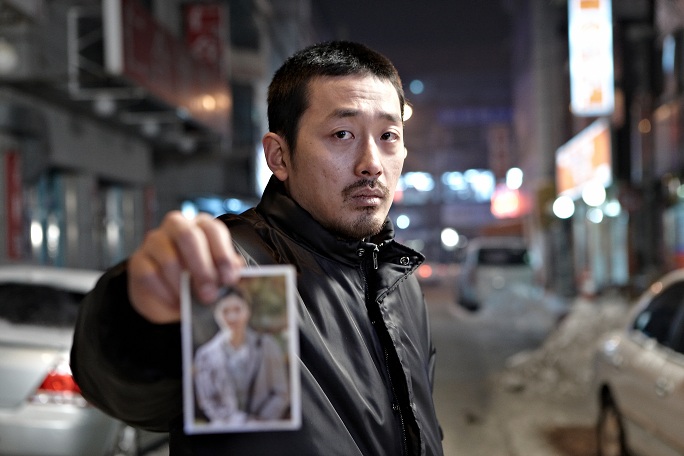
Gu-nam is a truly weather-beaten ethnic Korean who lives in China and works as a taxi driver. His obsession with gambling has led him to owe a large sum to the local mafia, who takes a big proportion of his already mediocre income. His wife, who has gone to work in South Korea with the ulterior motive of sending him money, has not contacted him in a long time and he thinks she has abandoned him.
Not being able to provide for their daughter, he has left her with his mother, a foul-mouthed woman who constantly curses at him. Eventually, he is fired and the mafia takes the largest part of his compensation.
Being utterly desperate, he agrees to the proposal of local mob leader, Myung-Ga, to kill a man in South Korea, in order to erase his debt. However, the case becomes complicated when a South Korean gang also gets involved with his mission, while he also tries to find his disappeared wife.
Na Hong-jin maintained here most of the elements that made an impression in his debut film “The Chaser”, by incorporating great characters, desperation and agony, and impressive fighting scenes. In particular Gu-nam’s transformation from a fate-beaten, poor individual to a bloodthirsty murderer is the most impressive element of the film, an accomplishment that benefits the most from Ha Jung-woo’s performance.
13. Children (Lee Kyu-man, 2011)

The film is based on an actual unsolved case that shocked the nation for over a decade, and regarded the disappearance of five kids, from 9 to 13 years old, in the Daegu Mountains in 1991. Their bodies were eventually discovered in 2002.
The script stays very close to the facts, though it adds some elements of fiction. In that aspect, “Children” revolves around Kang Ji-seung, a celebrated documentarian who is ostracized from Seoul to Daegu when a fraud is revealed regarding his works.
The aforementioned incident takes place during his first days in the area, and he decides to shoot a documentary on the subject, despite the objections of the channel’s director.
During his investigation, he stumbles upon Hwang Woo-hyuk, a professor of psychology who teaches at the local university and has a theory regarding the incident that nobody wants to utter. Due to a strange call received by the parents of Jong-ho (one of the kidnapped), he is convinced that they are the perpetrators, a theory Ji-seung also embraces after meeting with them.
Lee Kyu-man directed and co-wrote a film that excels in the depiction of the various characters, particularly Jong-ho’s parents, the whole concept of the grandmother character, and Hwang Woo-hyuk, who at times appears as the most tragic figure of all.
The continuous flashbacks he presents are not tiresome, but helpful in the progression of the plot. At some points, he obviously over-dramatizes the situation, though that is justified, with a case that shocked the whole nation.
The script has some flaws, particularly in the last part where it strays from the actual case, though not to a degree to ruin the rest of the 132-minute film.
The most impressive performances come from Ryu Seung-ryong as Hwang Woo-hyuk, and Sung Ji-ru and Kim Yeo-jin, who play the father and mother of Jong-ho, respectively.
12. Montage (Jeong Keun-seob, 2013)
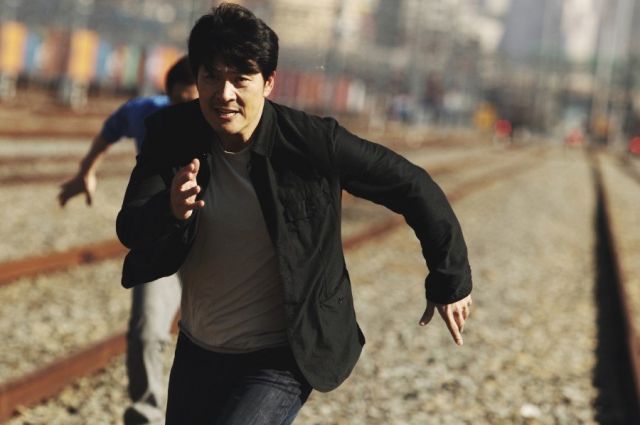
Ha-kyung’s daughter was kidnapped and killed 15 years ago in a case that never got solved, leaving her and detective Chung-ho, who was in charge of the investigation, devastated.
Now, five days before the statute of limitations applies, Chung-ho discovers a recently-placed white flower at the crime scene, a location that only he, the police, and Ha-kyung knew about. The two of them decide to revisit the case, despite the lack of time, as another girl is snatched under very similar circumstances while she was playing under her grandfather’s watch.
Despite the unoriginal main idea, with the notions of the statute of limitations and children’s kidnapping extensively used in Korean cinema, Jeong Keun-seob managed to create an original film due to its skillfully constructed story and the depth of the three main characters.
The thorough attention to detail and the artful use of the flashbacks are two other points of excellence in the film, which help in building and sustaining the suspense throughout its whole duration, as the story is presented from different perspectives and the secrets are gradually revealed.
Uhm Jung-hwa as Ha-kyung, Kim Sang-kyung as Chung-ho, and Song Young-chang as the grandfather give wonderful performances and manage to emit agony in a highly realistic fashion.
11. No Mercy (Kim Hyeong-joon, 2010)
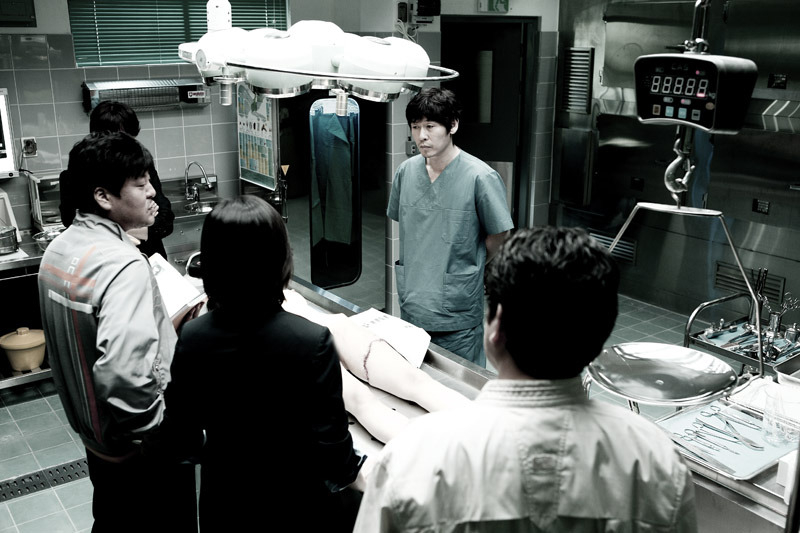
When the police discover a dismembered body near a river, they call the coroner Kang, one of the leaders in the field. Coincidently, Min, a former student of Kang’s, is also part of the police team investigating the crime.
Every piece of evidence they discover points toward the extremist environmentalist Lee and the case seems to close when he is arrested. However, things become complicated when Kang’s daughter is kidnapped.
Kim Hyeong-joon signs a magnificent debut in both direction and scriptwriting. His style is characterized by directness, without any compromises in depiction, as it becomes evident with the scene of the autopsy and a number of sex scenes, whose purpose is not to shock, but to strengthen the element of agony.
Sol Kyung-gu as Kang and Ryu Seung-beom as Lee are great in their parts, with the film benefitting the most from the scenes where the two of them “duel”. Another point of excellence, which only Korean filmmakers seem to include so frequently in their films, is that the culprit is known from the beginning and the film focuses on the effort for his conviction rather than the search for the guilty one, as is usually the case in Western productions.
10. New World (Park Hoon-jung, 2013)
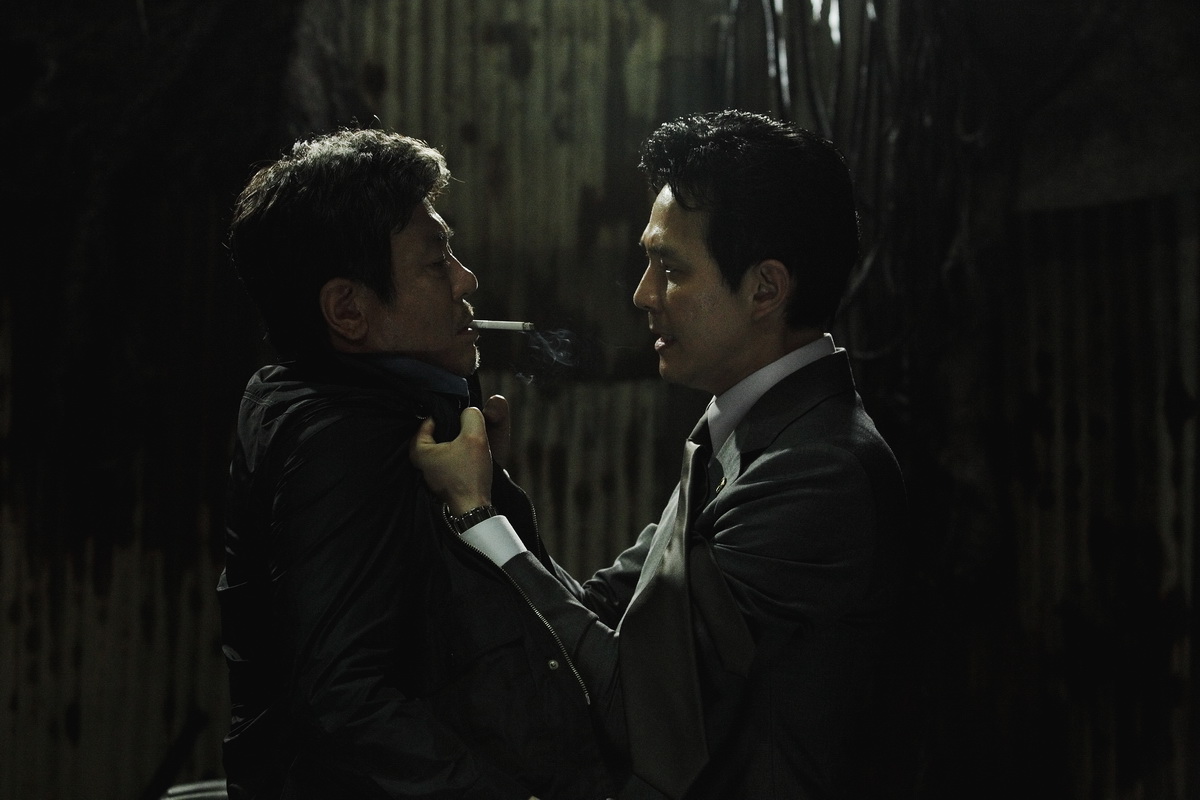
Ja-sung is an undercover police officer, who has ascended the ranks of the crime syndicate to which he was assigned, to the point of becoming the right hand of the number 2 in the hierarchy, named Jung Chung.
However, when the number 1 is killed, the syndicate engulfs in a power struggle for the top position, between Jung Chung and Joong-gu, which eventually escalates into war. Ja-sung, who was to retire soon, must now keep acting in his role, since his operator named Kang Hyung-chul is set on influencing the leader’s selection, putting a puppet of his in the top of the syndicate. The fact brings tension between the two.
Park Hoon-jung directs an agonizing crime thriller, which contains the usual violence, anti-heroes, impressive action sequences, and stylish gangsters in their suits, along with the much-loved plot twists. However, the film’s main point of excellence is its characters, with each of the main protagonists performing their respective roles magnificently.
In that aspect, Lee Jung-jae plays the perpetually anxious Ja-sung, who has to maintain his cool composure when he is in the company of Jung Chung, acted with brio and overall artfulness by Hwang Jung-min, in both his calm moments and his outbursts. Choi Min-sik is great as always in the role of a cop that is not so much different from the people he is after.
9. National Security (Chung Ji-young, 2012)
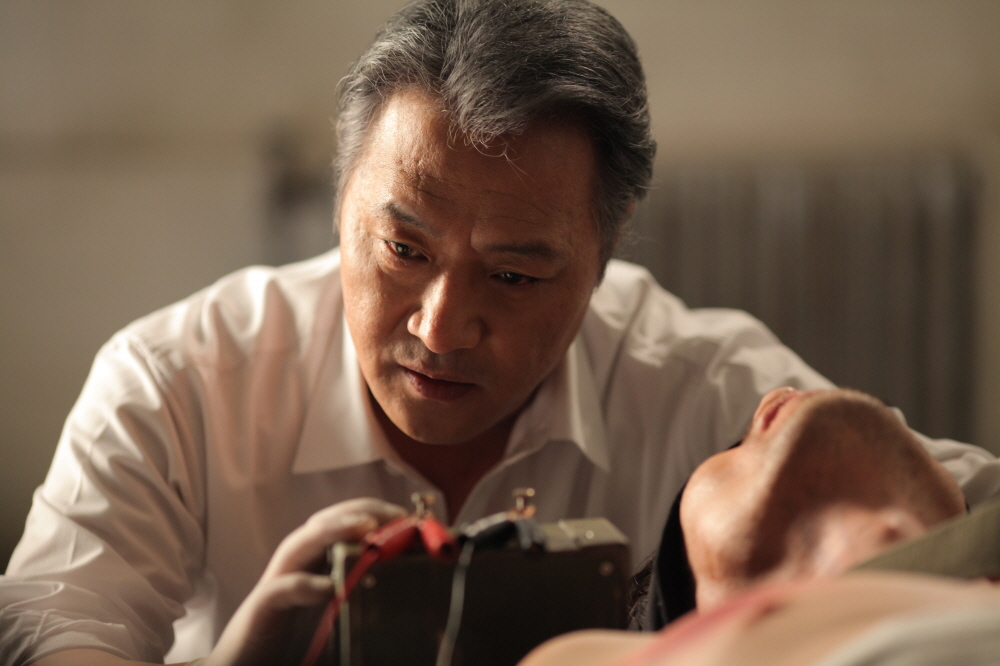
“National Security” is a unique entry in the field, because apart from the thriller element, it could only be described as sociopolitical exploitation, since for the most part it consists of scenes of a man being tortured.
The script is based on the memoir by Kim Geun-tae, a democracy activist who was kidnapped and tortured by national police for 22 days, and who later on became a minister of the government. It describes the facts before, but mainly during these 22 days when he was tortured in the Korean Central Intelligence Agency, initially by “police officers” and later by a head interrogator nicknamed “The Undertaker”.
Chung Ji-young directs a cruel film, which takes place almost exclusively in a claustrophobic environment that consists of a cell and a torture room. He pulls no punches in the depiction of the various tortures, thus resulting in a truly grotesque spectacle. Furthermore, he focuses on the psychosynthesis of the torturers, in a rare tactic for characters like that.
The film is largely based on the performance by Park Won-sang, who is magnificent in the role of a man who is prosecuted by the whole system, due to his ideology.
Lee Geung-young is also impressive as the cruel and relentless “Undertaker”, with his cold-blooded composure and the joy he seems to derive from the tortures he submits the prisoners.
8. Sympathy for Lady Vengeance (Park Chan-wook, 2005)
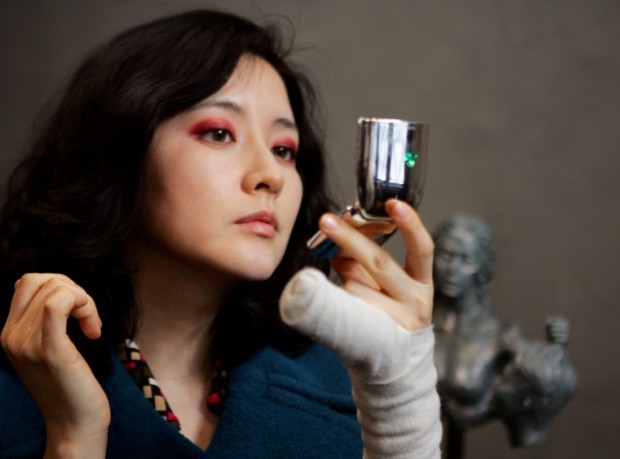
The third part of “The Revenge Trilogy” revolves around Geum-ja, a woman found guilty for the kidnap and murder of a child, who has waited patiently in prison for 13 years in order to avenge those responsible for her unjust conviction.
Park Chan-wook focused on a female character this time, and created a unique amalgam of black humor, violence, and liberating humanism, chiefly depicted in the final sequence of collective revenge.
His extensive use of flashbacks, which chiefly appear in the first part, is artful once more, as is the way he presents the bloodthirsty demands of Geum-ja in the second part.
Lee Young-ae is great as the protagonist, as is Choi Min-sik, who, this time, portrays the victim.